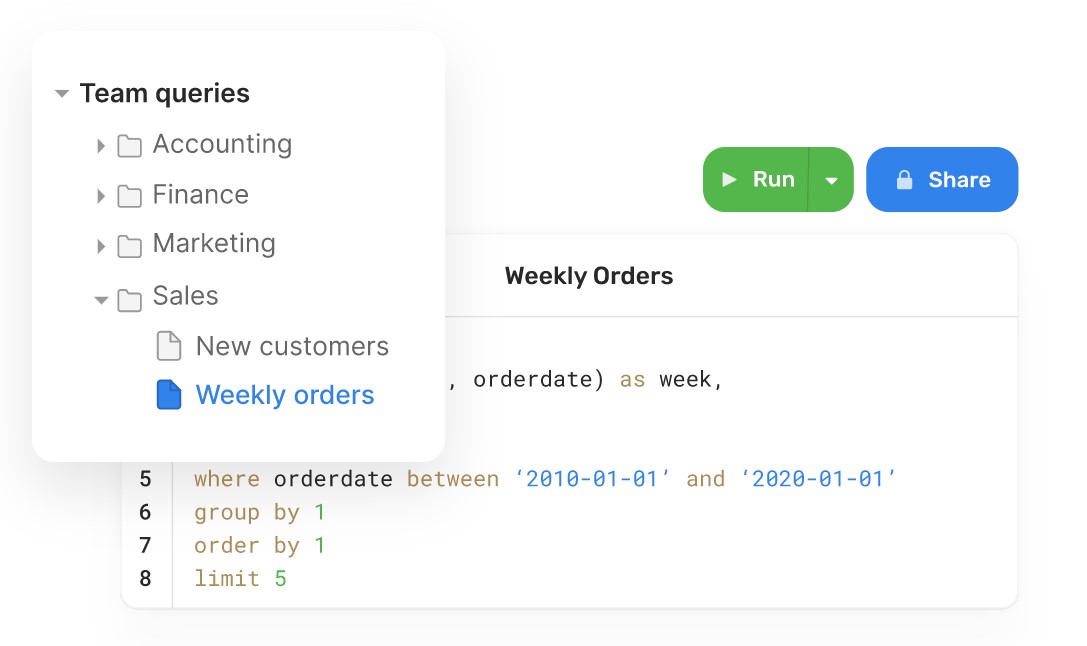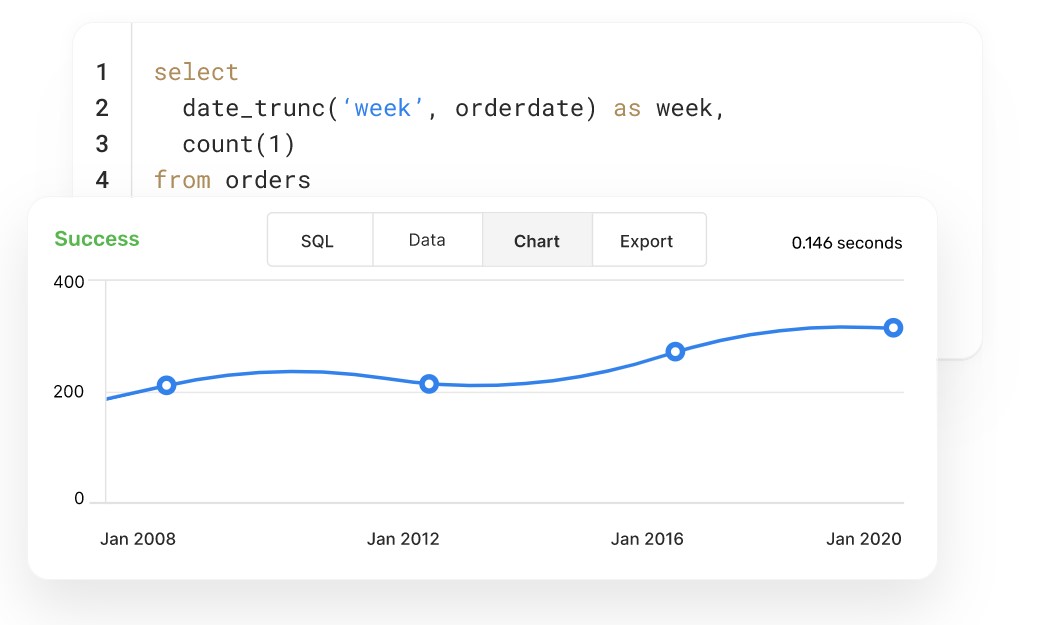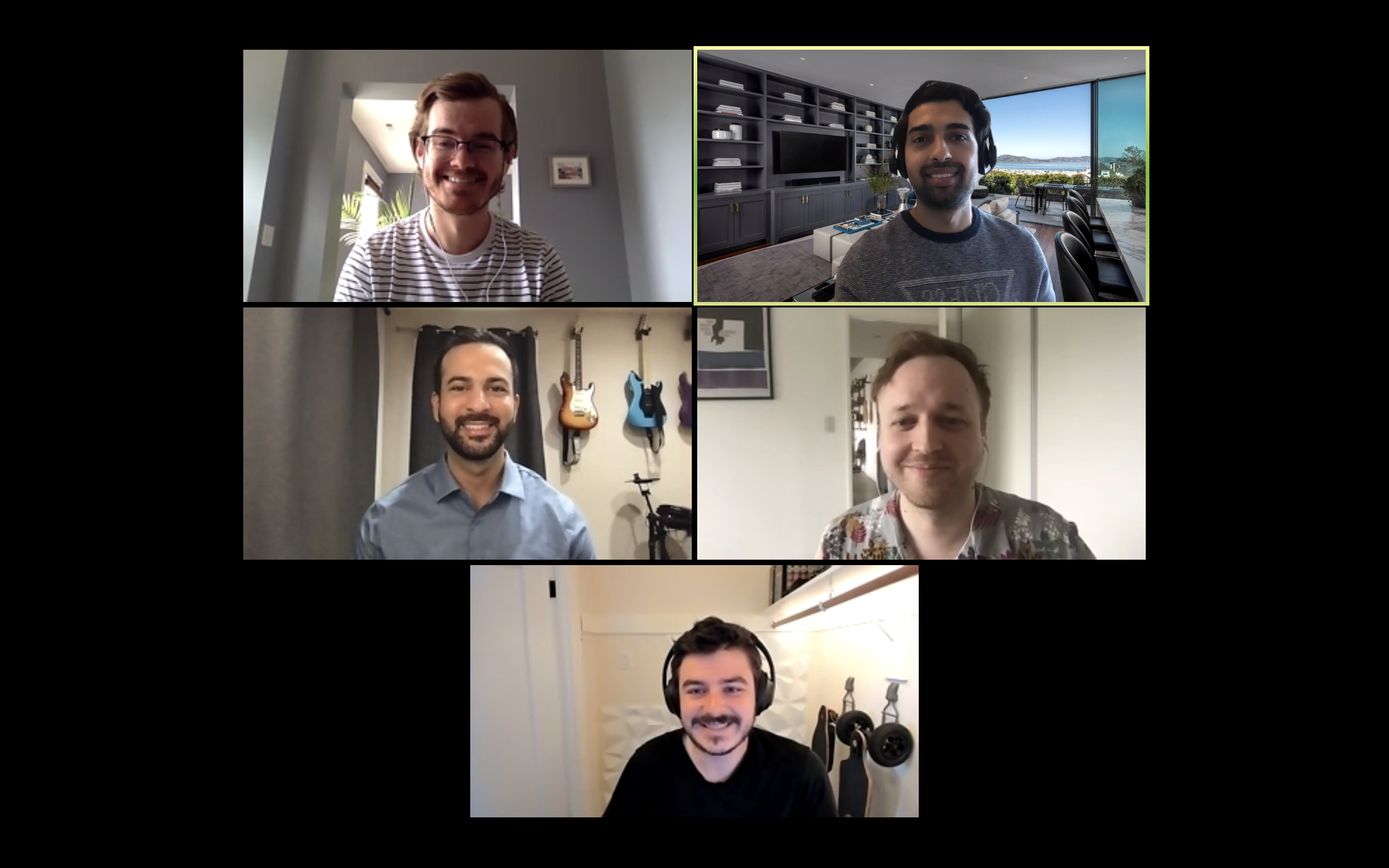PopSQL, a startup that builds a collaborative SQL editor for teams, today announced that it has raised a $3.4 million seed round led by Google’s AI-focused Gradient Ventures fund. Other participants include Y Combinator and FundersClub, as well as angel investors Max Mullen, the co-founder of Instacart; Calvin French-Owen, the CTO of Segment; and Guillermo Rauch, the CEO of Vercel.
Like most startups at this stage, the company plans to use the new capital to execute on its product roadmap.
“I started PopSQL because I was frustrated with the existing tools on the market. I wanted a SQL editor that was beautiful, easy to use and collaborative. Just as new collaboration tools like Slack changed the way teams communicate, our vision is that PopSQL will change the way teams analyze and share data,” said Rahil Sondhi, CEO and founder of PopSQL. “The new capital from Gradient allows us to scale the company and pursue our vision of creating the best tools for teams to analyze data together.”
With PopSQL, teams can write a database query once and then easily share it within their company (and build a library of shared queries in the process). That’s a massive timesaver for many companies, where queries like this are often still shared by email or as code snippets in Slack, which PopSQL also integrates with. With this tool, developers and data analysts can also easily create different versions of a query.
PopSQL currently supports a wide range of databases, ranging from Snowflake, Google Cloud’s BigQuery, AWS Redshift, PostgreSQL, MySQL, SQL Server, Oracle, MongoDB and Cassandra.
In addition to the collaborative features, though, PopSQL also offers a number of other interesting features, including the ability to schedule recurring queries using what is essentially a visual cron editor.
The tool also features some basic charting functions and while these are mostly meant to easily allow users to visualize their queries, you can also use this feature to build basic dashboards, for example. Sondhi noted that he doesn’t necessarily think of PopSQL as a business intelligence tool, but the core functionality is there if you want it.
Read Full Article



No comments:
Post a Comment